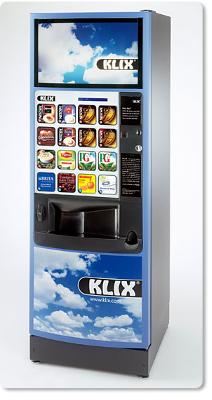RAISE A CUPPA TO THE GREEKS
by Mars Drinks UK (http://www.marsdrinks.co.uk)
(UK)
Walk over. Coins in. Eat and drink. It’s so easy nowadays, and something we take completely for granted, but office vending machines are the result of an innovation dating back to the Ancient Greeks, more than 2,000 years ago.
Vending machines were rolled out in their first form in 215 BC, when the Greek mathematician and engineer Hero of Alexandria invented a machine to vend holy water in Egyptian temples, a meeting place for all.
His own version of an office vending machine accepted a coin and then dispensed a fixed amount of holy water. When the coin was deposited, it fell upon a pan attached to a lever.
The lever opened up a valve which let some water flow out. The pan continued to tilt with the weight of the coin until it fell off, at which point a counter-weight would snap the lever back up and turn off the valve.
These early office vending machines had to wait until the Industrial Age before they got their next upgrade. The first modern coin-operated vending machines appeared in London in the early 1880’s dispensing postcards.
English publisher and bookshop owner, Richard Carlisle invented a vending machine for selling books, around the same time.
In 1888, the first vending machine appeared in the US selling Tutti-Fruiti gum on train platforms. Over the next 100 years they offered everything from cigars and postcards to stamps and sodas.
In Philadelphia, a completely coin-operated restaurant called Horn & Hardart was opened in 1902 and stayed open until 1962.
With office workers requiring quick access to competitively priced products, the office vending machines industry has seen a great deal of growth over the last ten years.
Offering businesses and entrepreneurs a way to start businesses which can grow quickly, fulfilling basic needs conveniently. Drinks and food vending machines continue to be the most lucrative and stable in the marketplace.
Times change and of course nowadays health and safety is also key. In order to prevent injuries or death from people tipping or striking, most office vending machines come equipped with spirals to hold products and contain lasers near the access door at the bottom.
If a purchased item does not break the laser beam when falling, the spirals will automatically turn, usually three times to ensure that a product will fall.
If this still does not occur, the customer will be asked to make another selection or will be refunded their money.
http://www.klix.co.uk
Free event
Promo

Key in code before check out: WCMFIRST10OFF
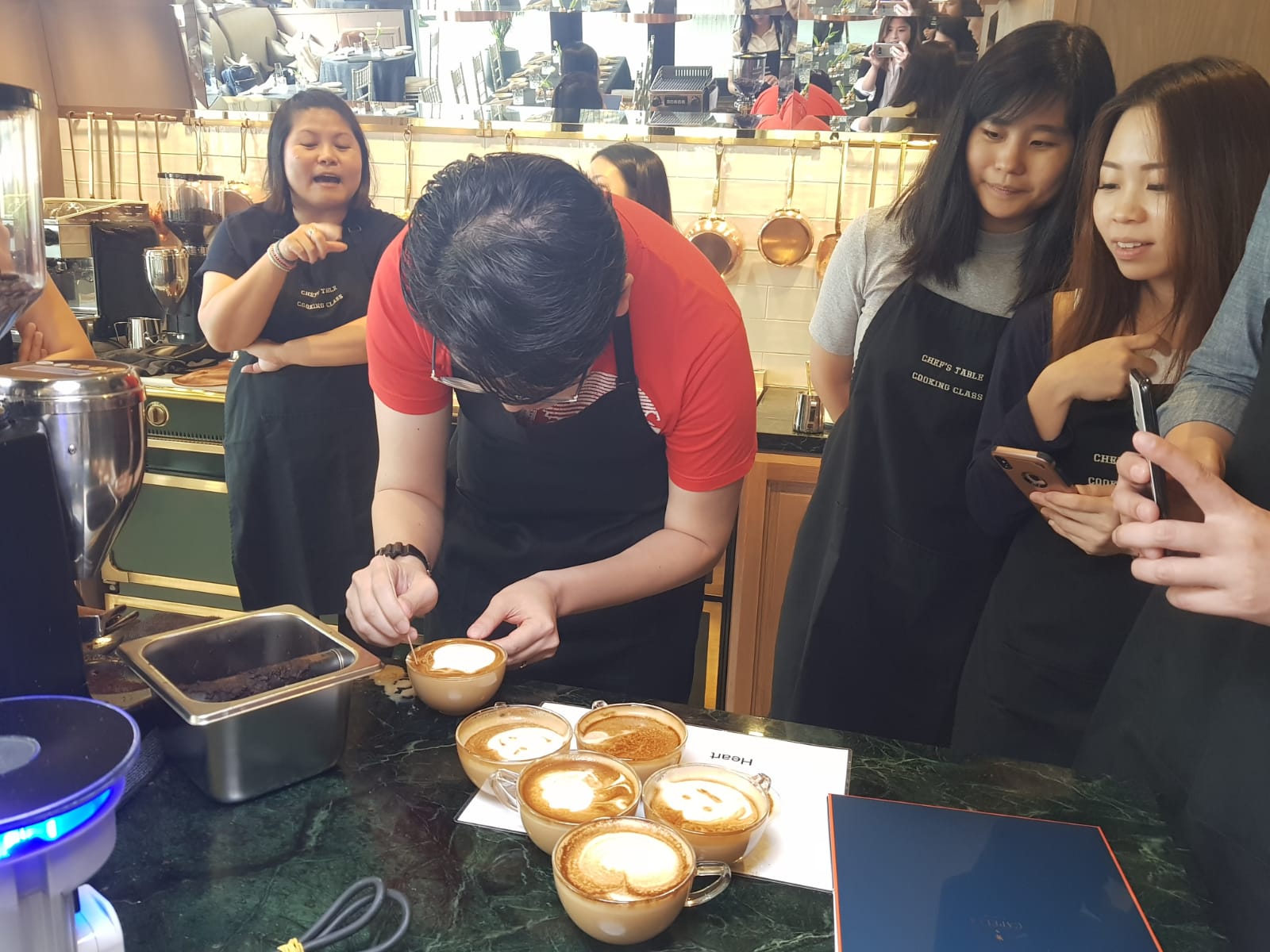
Free Coffee Workshop Singapore
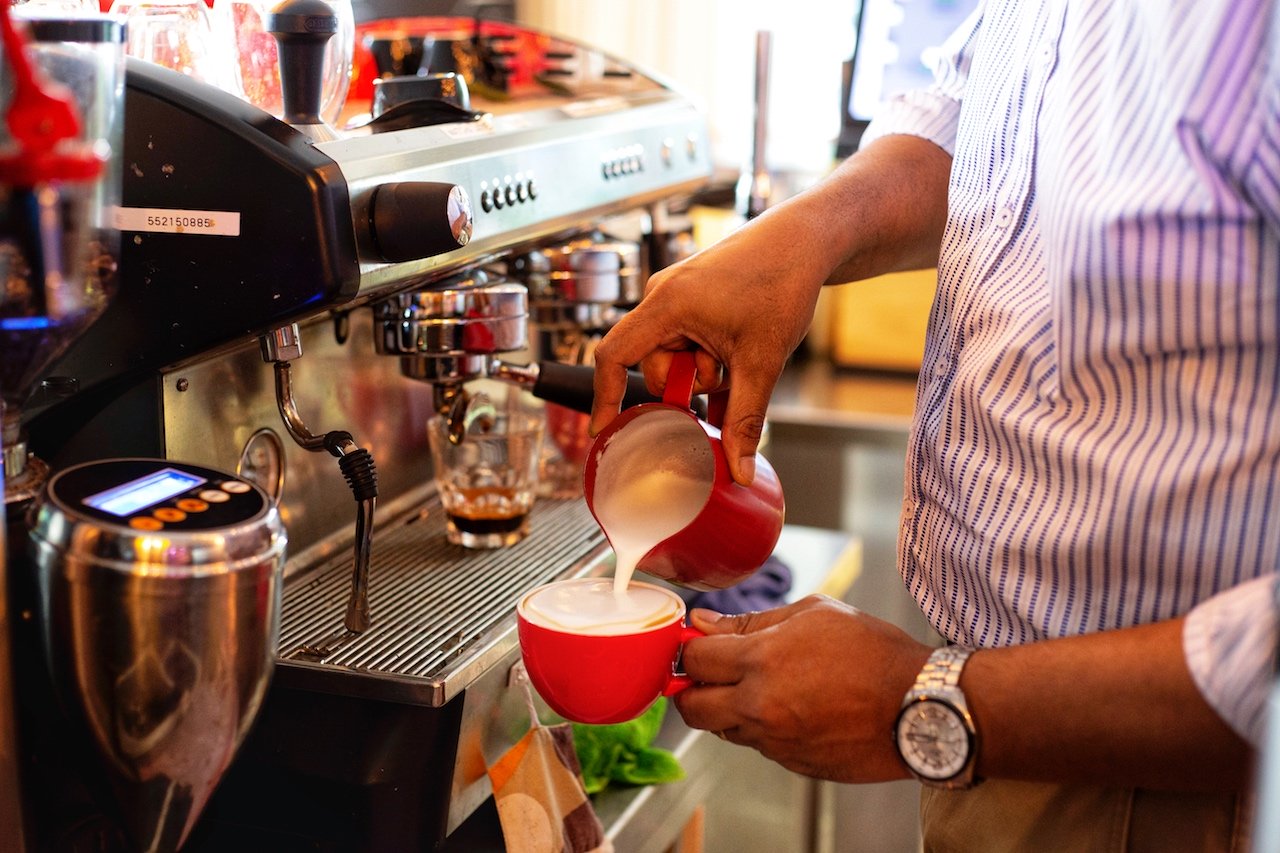
Enjoy Free Coffee in Singapore!
Sponsors
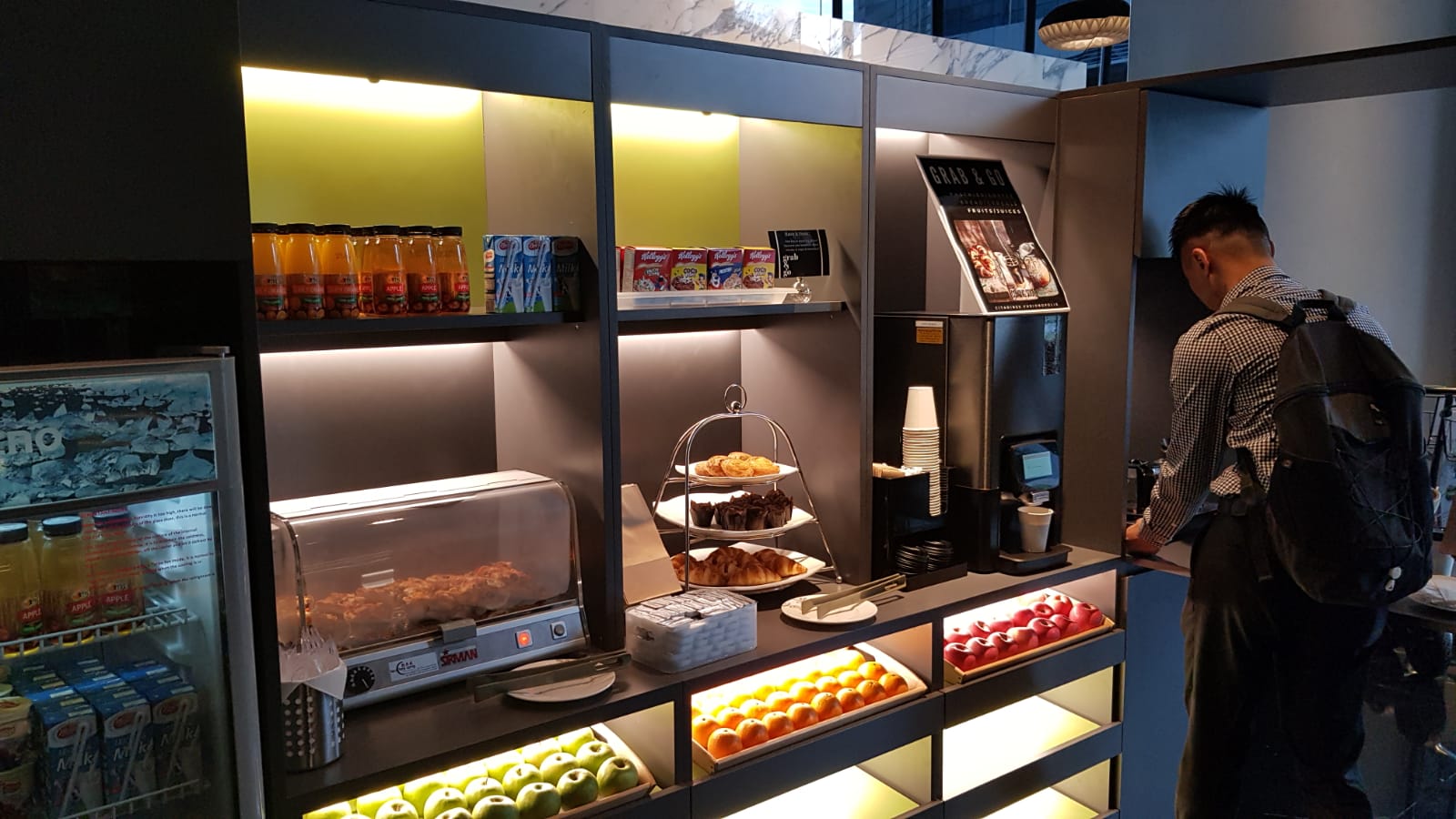
Choosing: Office Coffee Machine
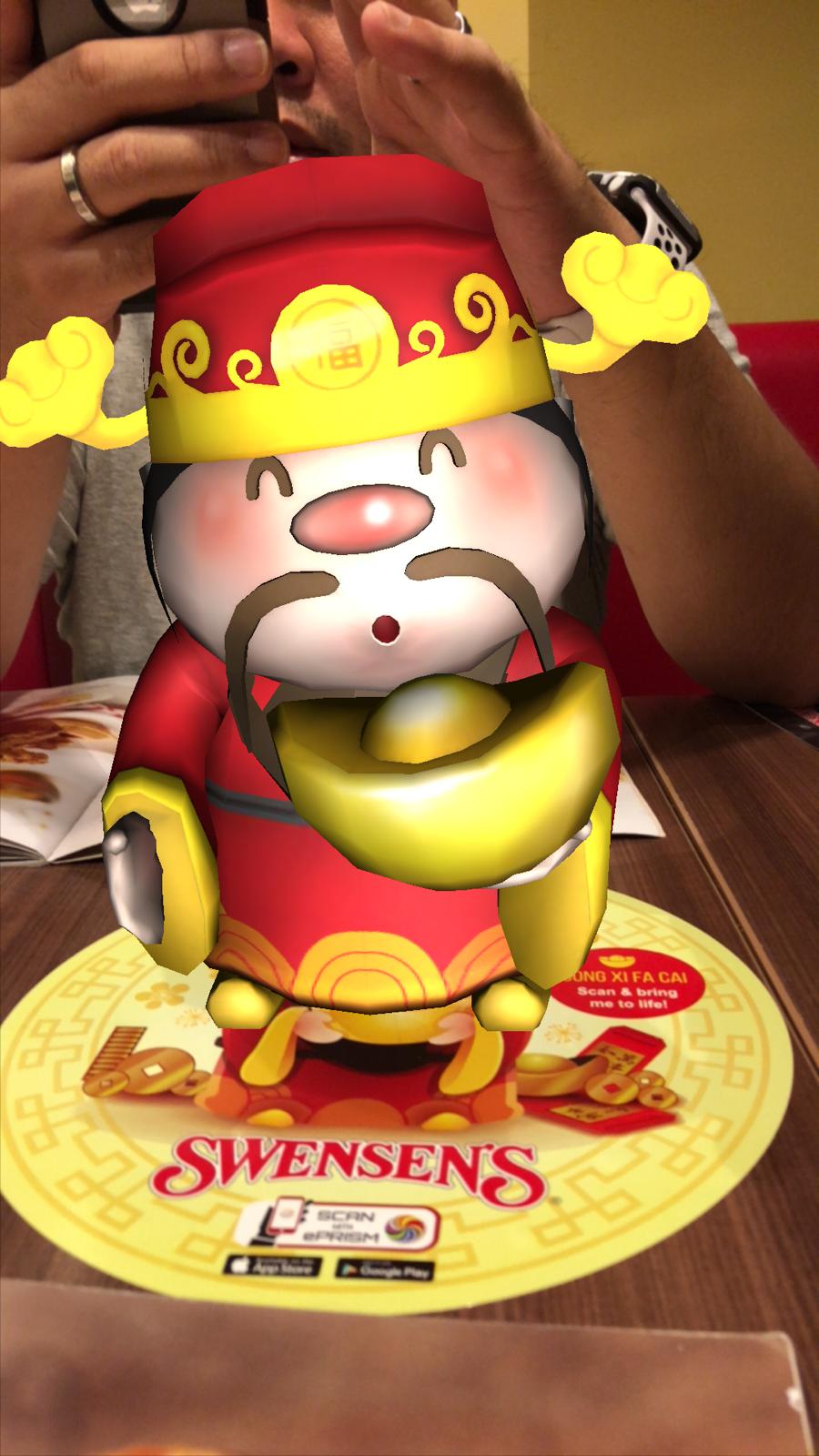
Free: Augmented Reality in Singapore
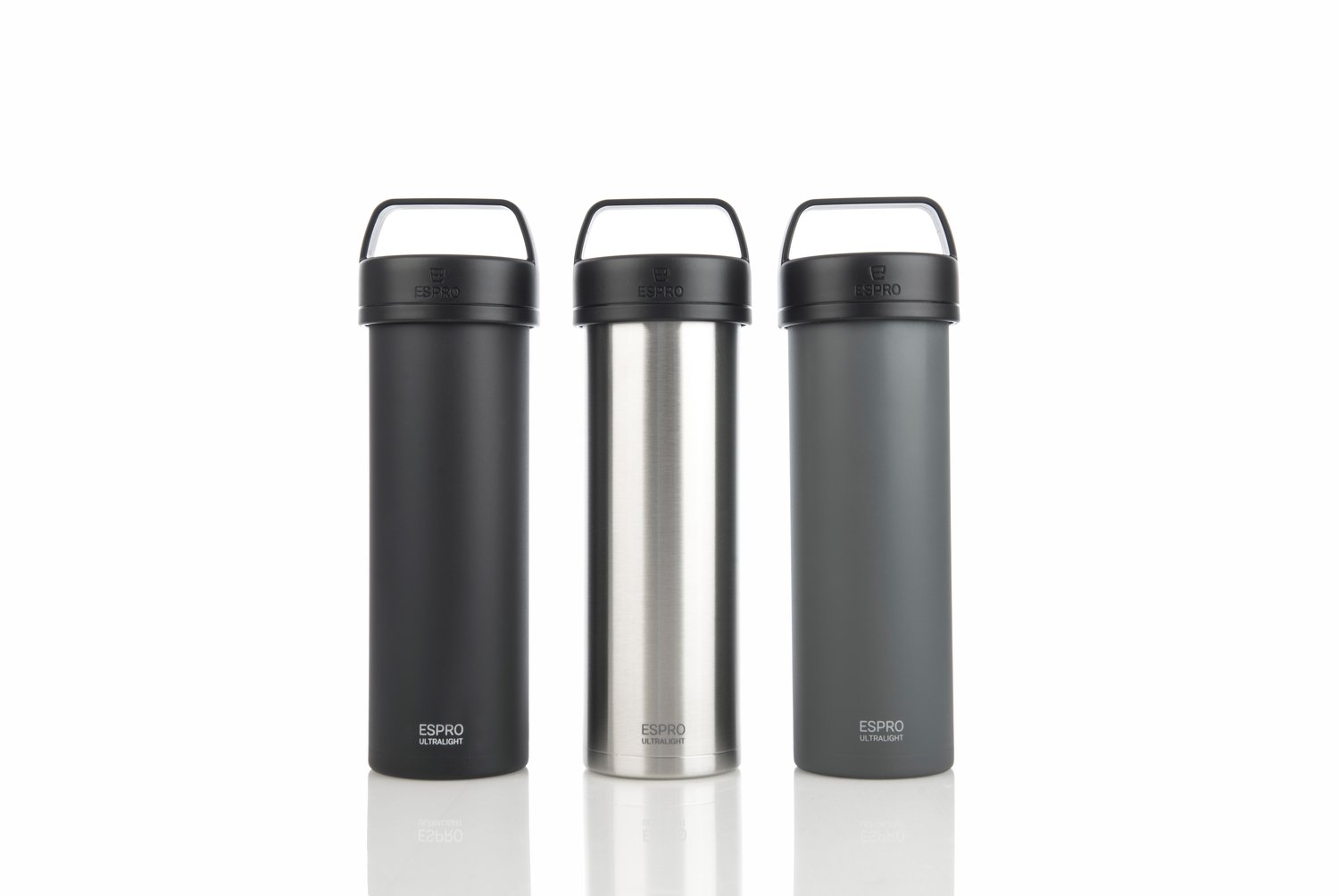
Learn more about ESPRO UltraLight in Singapore
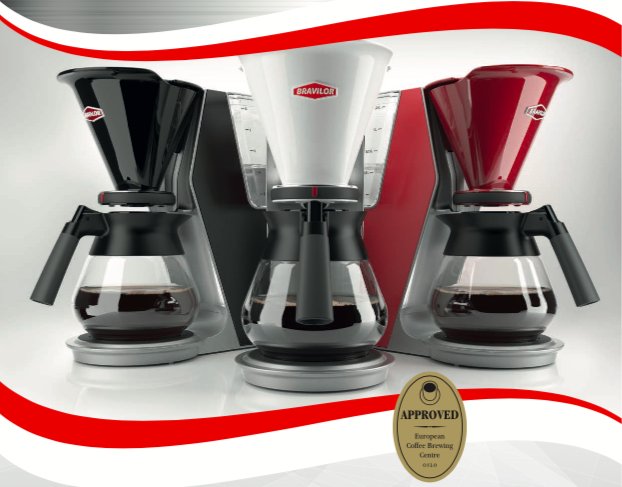
The best filter Coffee Machine in Singapore
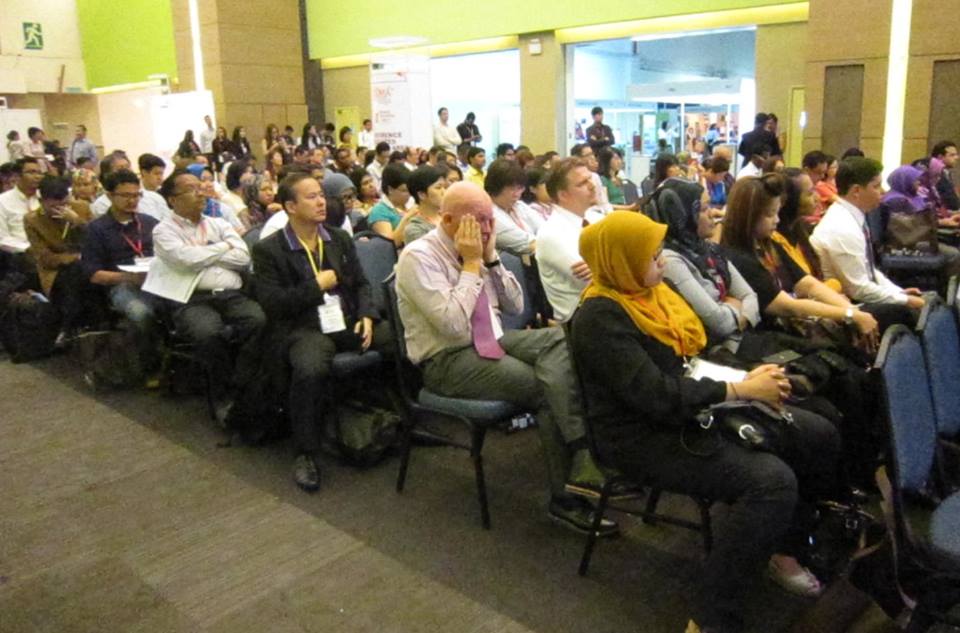
SkillsFuture Series: F&B Market outlook
- Venue: Temasek Polytechnic
- Date: 25 June 21
- Time:9 to 6 pm
- Contact us for more details
